1. “The Sound of Silence” by Simon & Garfunkel (1964)
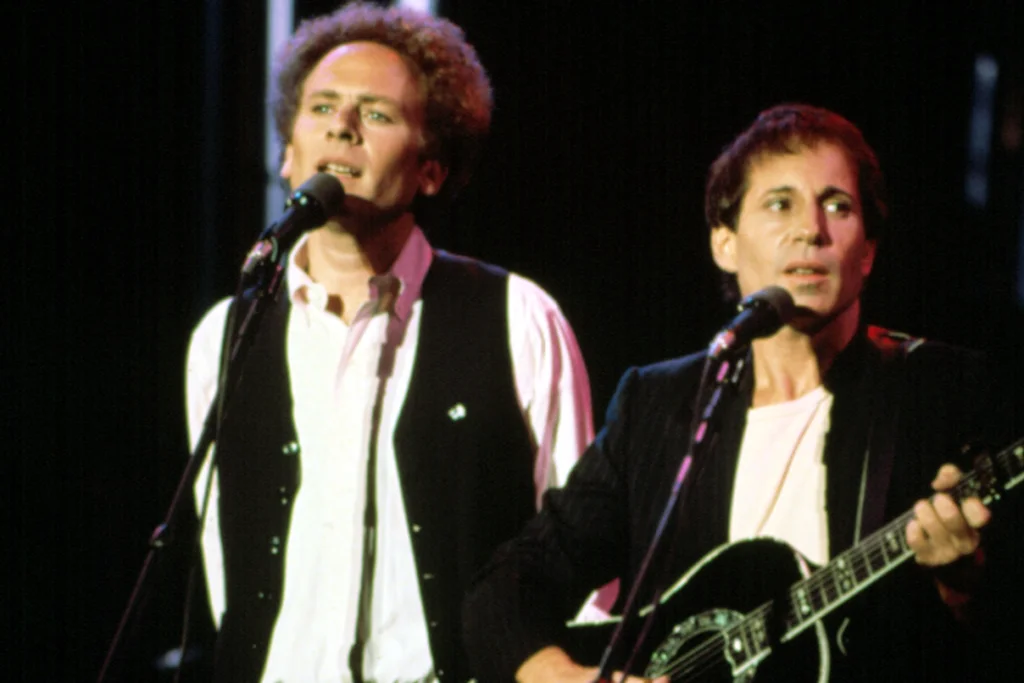
Paul Simon wrote this haunting masterpiece about people’s inability to communicate meaningfully with each other, and honestly, have we gotten any better at it? The lyrics about people talking without speaking and hearing without listening feel like they were written yesterday, especially in our age of social media echo chambers. We’re more connected than ever, yet somehow more isolated and misunderstood.
The song’s warning about the “neon god” that people worship could easily describe our relationship with smartphones and screens today. Simon’s vision of a world where authentic human connection gets lost in the noise of modern life hits different when you’re scrolling through endless feeds of superficial interactions. It’s wild how a song from 1964 can make you want to put your phone down and actually talk to someone.
2. “For What It’s Worth” by Buffalo Springfield (1966)
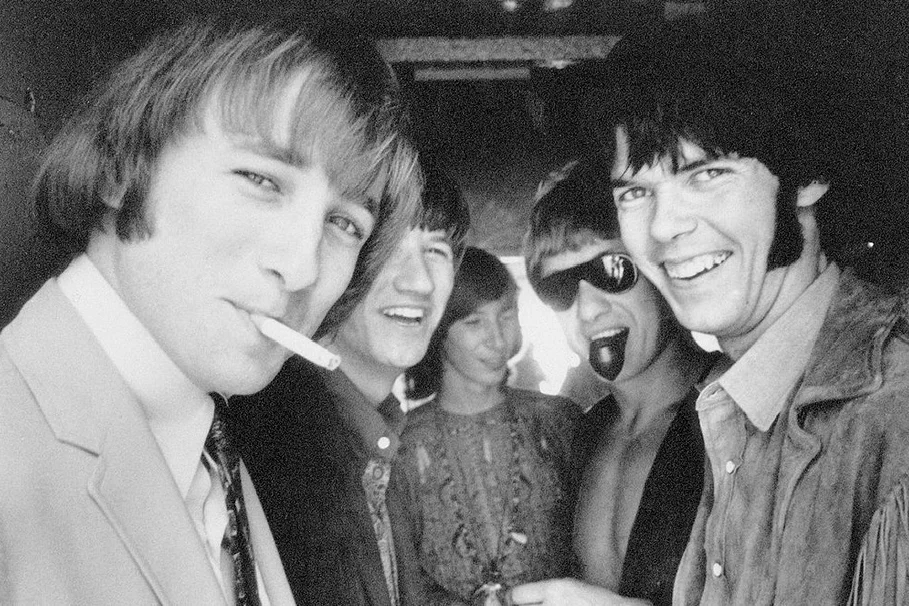
Stephen Stills penned this protest anthem during the Sunset Strip riots, but its message about civil unrest and generational divides feels ripped from today’s headlines. The famous opening line “There’s something happening here, what it is ain’t exactly clear” captures that feeling we’ve all had watching news coverage of protests and social movements. Young people fighting for change while older generations resist – sound familiar?
The song’s call for people to stop and think about what’s happening around them is more relevant than ever in our fast-paced, reactive world. Stills wasn’t just writing about one specific incident; he was capturing the timeless tension between those who want change and those who want order. Every generation seems to need this reminder to pause and really listen to each other instead of just picking sides.
3. “Fortunate Son” by Creedence Clearwater Revival (1969)
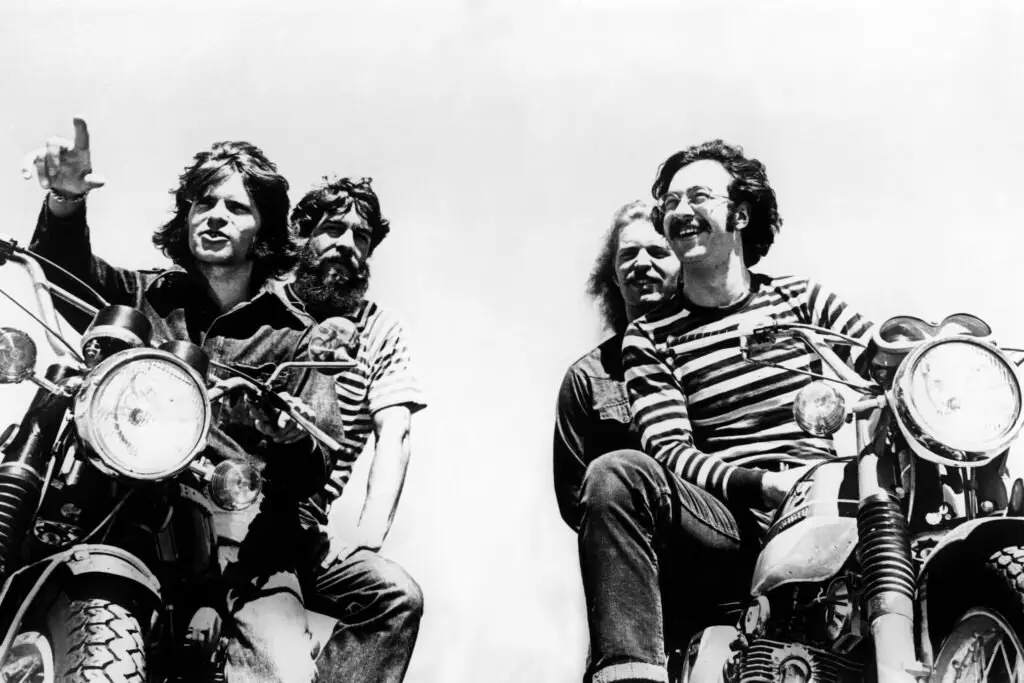
John Fogerty’s biting critique of class privilege and how the wealthy avoid consequences feels like it could have been written about today’s political landscape. The song calls out how some people get to skip military service or other sacrifices because of their family connections and money. Whether it’s avoiding the draft in the ’60s or getting into elite colleges today, the game hasn’t changed much.
The anger in Fogerty’s voice when he sings about silver spoons and inherited privilege still resonates because we’re still dealing with the same inequalities. The song’s message about how regular working-class families bear the burden while the elite reap the benefits applies to everything from economic policy to environmental issues. It’s depressing how little has changed, but at least we have this killer anthem to soundtrack our frustration.
4. “What’s Going On” by Marvin Gaye (1971)

Marvin Gaye’s plea for understanding and compassion in the face of social turmoil could have been written about any year in the past few decades. He was responding to the Vietnam War, civil rights struggles, and environmental concerns, but his questions about why we can’t all get along feel eternal. The song’s gentle, questioning approach to heavy topics offers a masterclass in how to discuss difficult issues without alienating people.
Gaye’s message about love being the answer might sound naive, but his delivery makes it feel both urgent and achievable. The way he weaves together concerns about war, poverty, and environmental destruction shows how interconnected our problems really are. When he asks “What’s going on?” it’s not just confusion – it’s a genuine invitation to dialogue that we desperately need more of today.
5. “Blowin’ in the Wind” by Bob Dylan (1963)
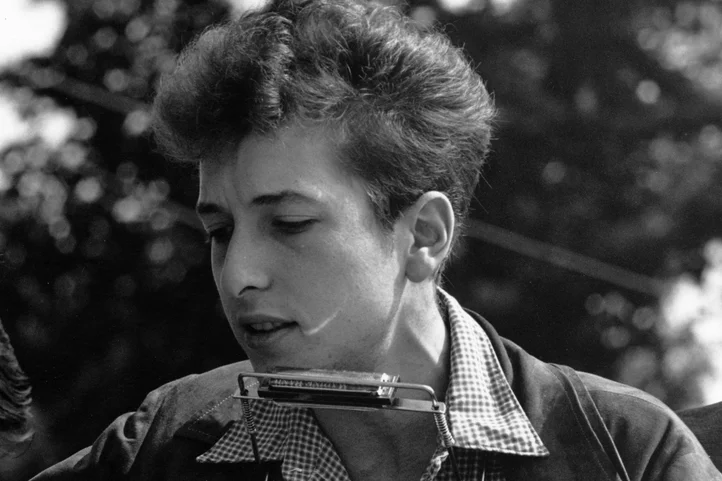
Dylan’s series of rhetorical questions about justice, freedom, and human dignity remains painfully relevant because we’re still searching for those same answers. The song doesn’t preach or provide solutions; it just asks the questions that every generation has to grapple with. How long do we let injustice continue? When will people be truly free? These aren’t ’60s problems – they’re human problems.
The genius of the song lies in its simplicity and universality. Dylan’s questions about war, oppression, and indifference can be applied to conflicts and social issues happening right now around the world. The metaphor of answers “blowin’ in the wind” suggests they’re right there if we’re willing to pay attention, which feels both hopeful and frustrating. Sometimes the most powerful thing art can do is ask the right questions.
6. “White Rabbit” by Jefferson Airplane (1967)
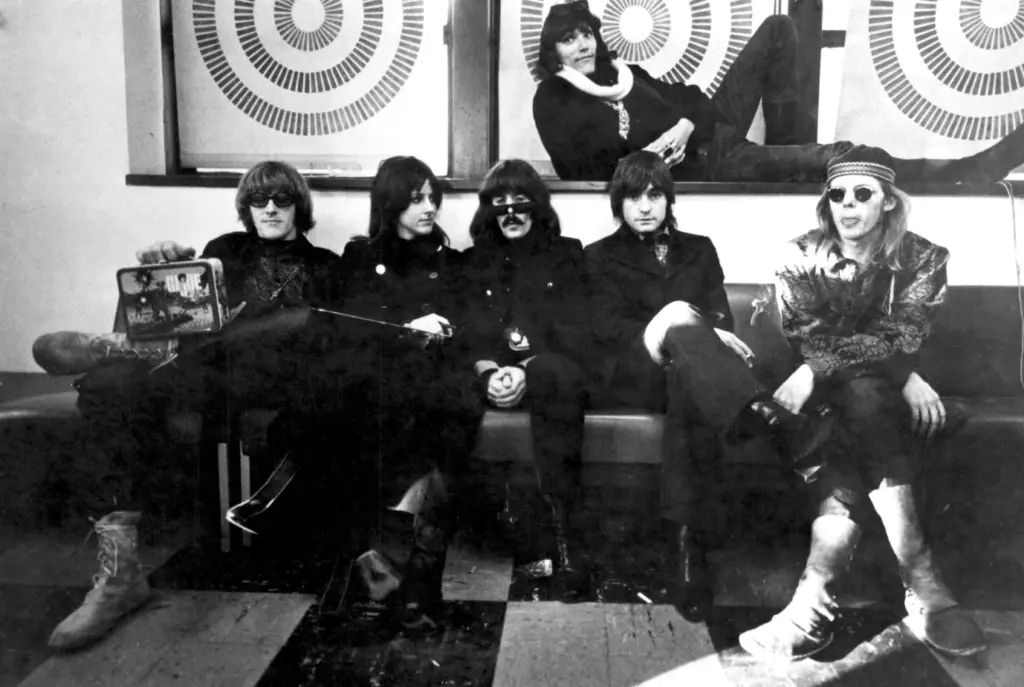
Grace Slick’s psychedelic journey through Alice’s Wonderland serves as a perfect metaphor for the confusion and contradictions of modern life. The song’s theme about adults giving mixed messages to young people – telling them to avoid drugs while popping pills themselves – rings just as true today. We’re still living in a world where authority figures often don’t practice what they preach.
The surreal imagery and building intensity of the song capture that feeling of being overwhelmed by a world that doesn’t make sense. Slick’s powerful vocals and the song’s climactic ending mirror the frustration of trying to navigate a society full of hypocrisies and double standards. Whether it’s about drug policy, mental health, or social expectations, the song’s message about questioning authority and seeking truth remains relevant.
7. “A Change Is Gonna Come” by Sam Cooke (1964)
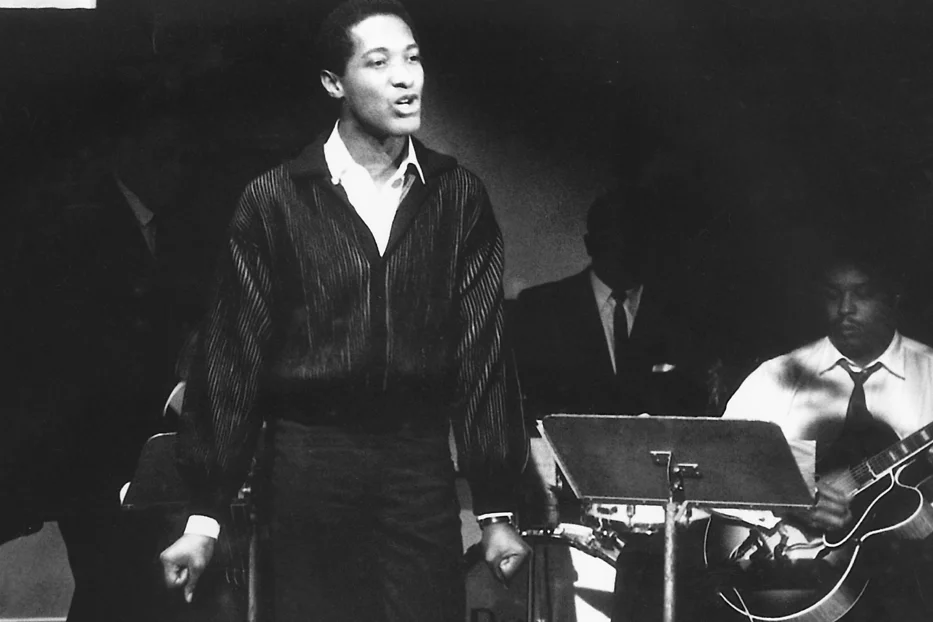
Sam Cooke’s deeply personal anthem about hope in the face of systemic racism and hardship continues to resonate because the struggle for equality is ongoing. The song’s message about maintaining faith despite setbacks speaks to anyone who’s ever felt like progress is too slow or that justice will never come. Cooke’s vulnerability in sharing his own experiences with discrimination makes the song feel both specific and universal.
The song’s blend of pain and hope captures the complex emotions of fighting for social change. Cooke’s gospel-influenced delivery gives the song a spiritual quality that transcends its civil rights context, speaking to anyone who’s waiting for things to get better. The certainty in his voice when he sings “a change is gonna come” provides comfort and motivation for people still working toward equality and justice today.
8. “Eve of Destruction” by Barry McGuire (1965)
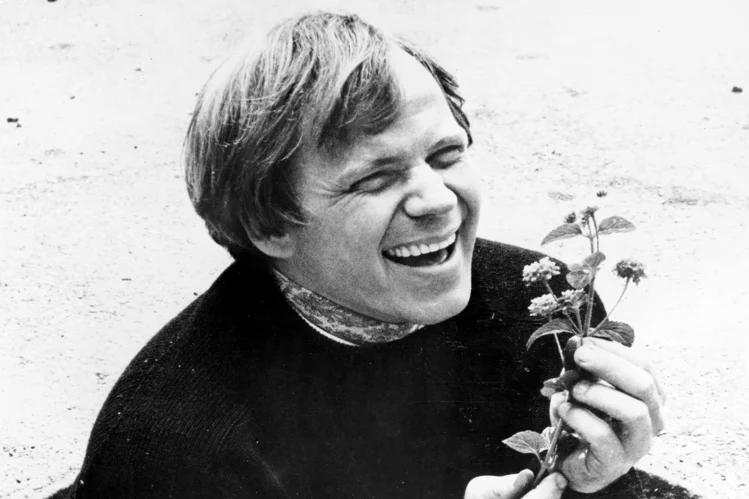
P.F. Sloan’s apocalyptic warning about a world on the brink of disaster feels shockingly current given our ongoing concerns about climate change, political polarization, and global conflicts. The song’s rapid-fire delivery of problems – from violence to hypocrisy to environmental destruction – mirrors how overwhelming the news cycle can feel today. It’s like scrolling through social media set to music.
The song’s dark urgency about humanity’s self-destructive tendencies hasn’t lost any of its power. McGuire’s gravelly voice delivers warnings about everything from nuclear war to social inequality, and sadly, most of these issues are still with us. The song serves as a time capsule that shows how long we’ve been aware of these problems, which makes it both a historical document and a contemporary wake-up call.


